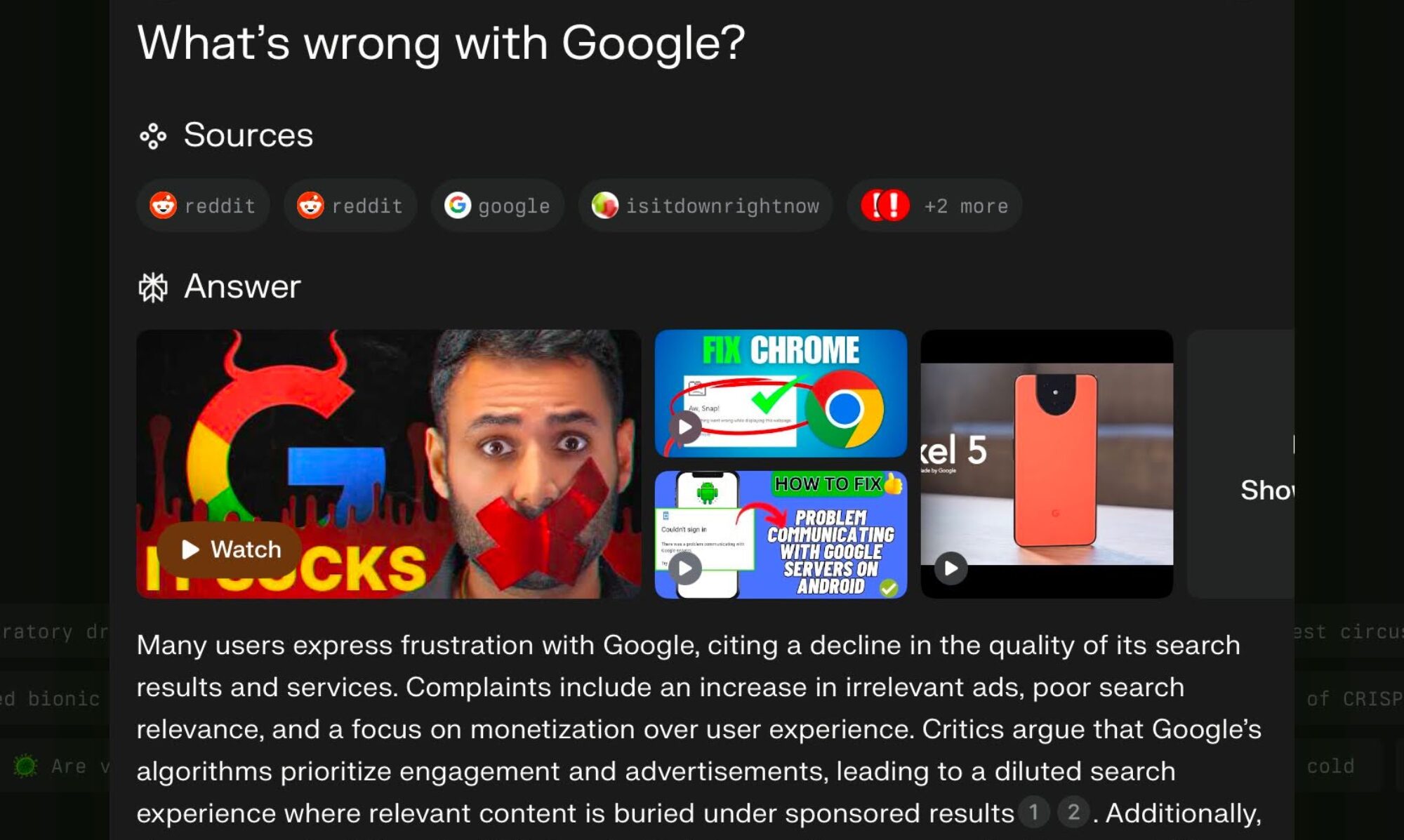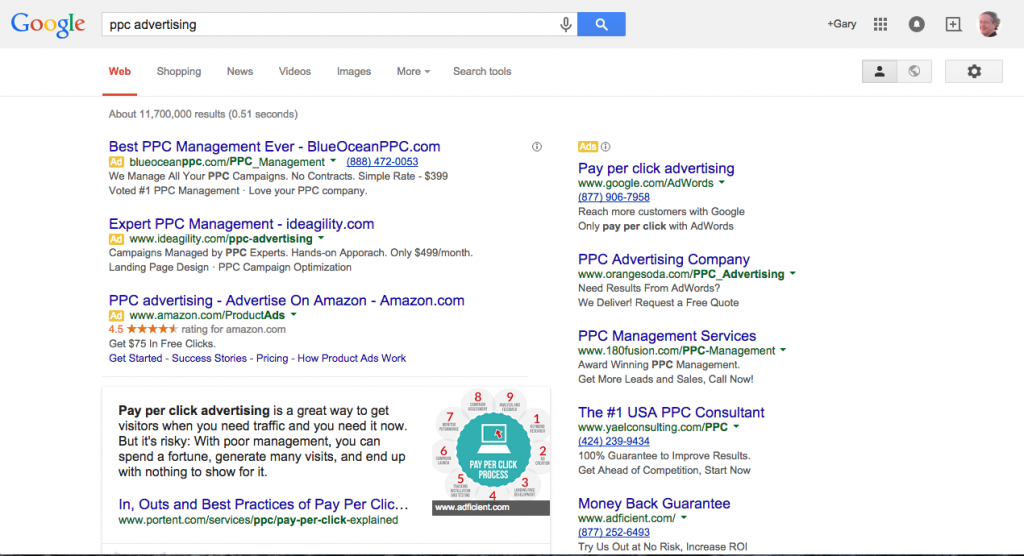For a long time it was true that the more traffic that your website got the better. No more. Not exactly. Coders have been spoofing Google Analytics accounts to make it appear that visits are coming from what seems to be a never-ending list of websites. These “visits” are fake. No one is visiting your site from these “sites”. These fake visits provide no benefit to you. We’ve seen statistics in which the fake visits outnumber legitimate ones by a factor of ten to one. This type of activity is known as “referrer spam”. It is done by malicious hackers to game the link-counting algorithms that search engines use to create rankings.
What’s the harm is this?
It wouldn’t be called “spam” if it were something that you wanted. Just like with email spam there are a number of costs that you will likely pay for these fake visits:
- Your site may run slower
- Google may lower your search rankings
- It is possible that some of this traffic represents probes for WordPress vulnerabilities
- It is a complete waste of your time
While there are a number of techniques to mitigate the effect of referrer spam none of them is a complete solution. Like so many threats to the security of your website, keeping referrer spam under control requires monitoring and an advanced understanding of Google Analytics and the underlying structure of your website.
It might be helpful for you to think of maintaining the “health” of your website. There are a number of components to this:
- A technically contemporary and secure website platform
- Fresh, relevant content
- Active (not dead) links to and from well-regarded sites (not referrer spam) that are pertinent to your business
- A workable social media presence
Google has a short article about the importance of the above items called “Steps to a Google-friendly site”. The SEO practices followed by sem[c] have always conformed to the guidelines set by Google. Contact us if you have any questions about your website and how it’s looking in Search. We can help you make your website healthier.











